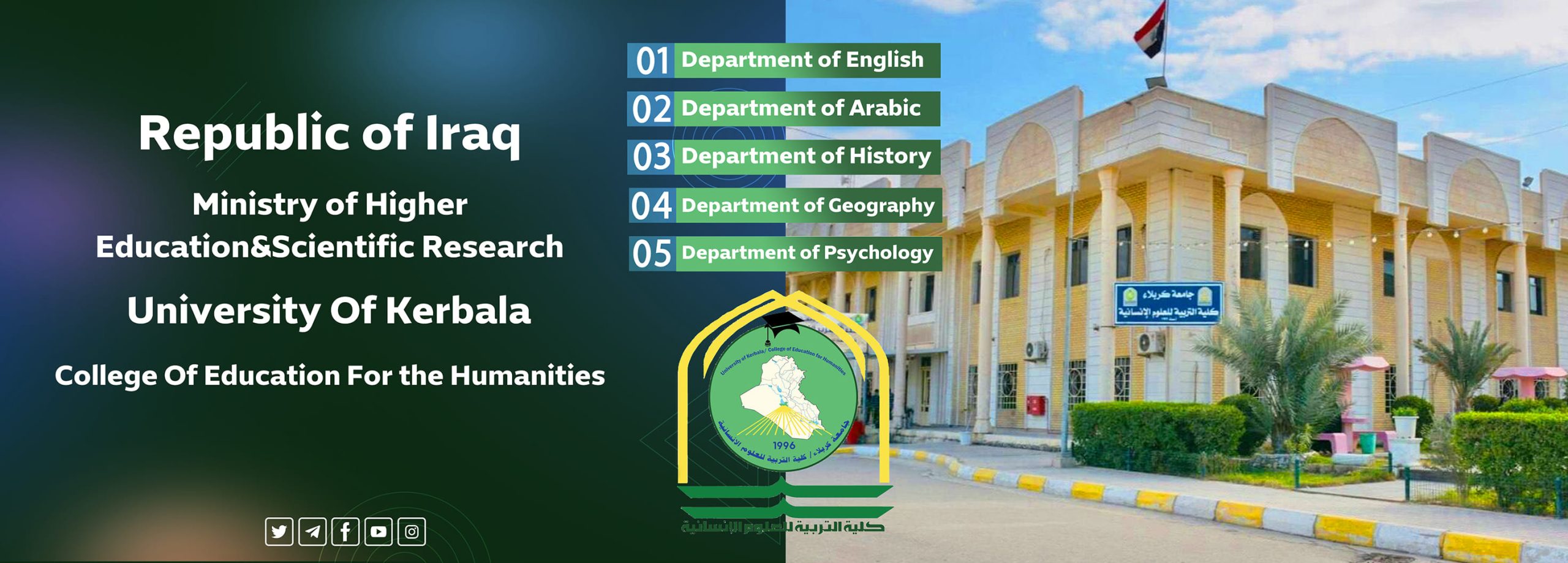
Abstract:
The study delves into the correlation between academic integrity and the five minds model among higher education students. Academic integrity, emphasizing ethical conduct in acknowledging intellectual ownership, is juxtaposed with Gardner’s five cognitive approaches vital for students navigating a technologically advancing world. This research aims to discern their relationship, assess gender, specialization, and academic level variances, and establish the scope of their interrelation.
Using a descriptive methodology, 400 students from scientific disciplines at Kerbala University for the academic year 2022-2023 were randomly selected for analysis. Employing an academic integrity scale comprising 30 items and Abdul Hussein’s 2021 five minds framework with 54 items, the study ensured robust psychometric properties.
Results affirmed the presence of academic integrity and ownership of the five minds among students. Notably, gender differences surfaced in the ‘respected mind,’ favoring females. Specialization exhibited no variance, yet academic stage, notably among doctoral students, showed significant distinctions.
In conclusion, the study establishes a positive association between academic integrity and the five minds. Recommendations highlight the need for universities to integrate academic integrity in curricula, foster cognitive skills aligned with the five minds, and organize guidance sessions focused on integrity. Future research directions suggest exploring experimental methodologies, analyzing different student populations, and investigating additional variables within the academic integrity and five minds framework to enhance educational programs. This study illuminates the importance of ethical conduct and cognitive competencies in contemporary higher education.
Keywords: Academic Integrity, Five Minds Model, Higher Education Students, Gender Variances, Descriptive Methodology.


























































